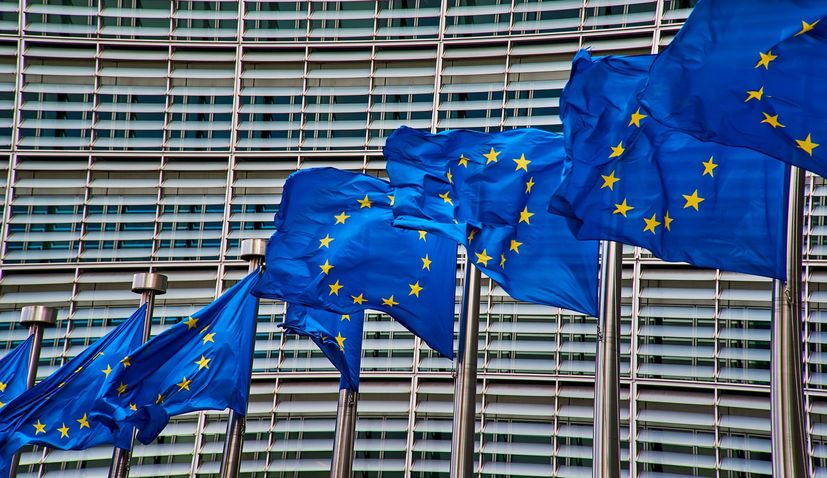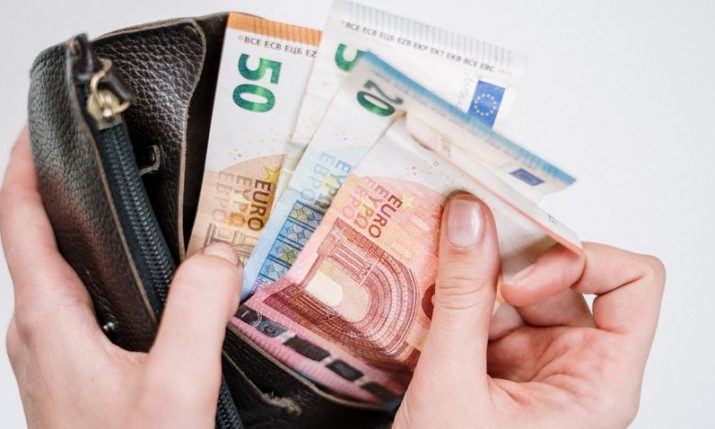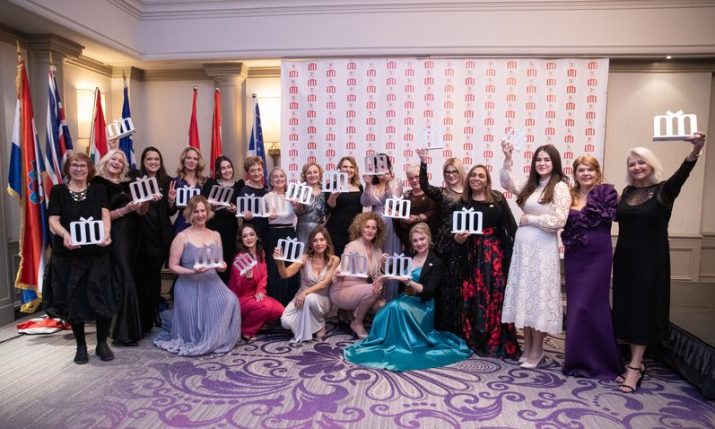PM: In next 7 years Croatia will receive from EU twice as much funds as until now
- by croatiaweek
- in Business

ZAGREB, May 28 (Hina) – Prime Minister Andrej Plenkovic said on Thursday that in addition to the recovery instrument that the European Commission presented on Wednesday, in the new Multiannual Financial Framework 2021 – 2027, Croatia would have twice as many funds allocated than in the past seven years.
He noted this proved the benefit of EU membership and that it was very good the integration process was growing deeper and deeper.
Reflecting on the European Commission’s “Next Generation EU” recovery plan presented on Wednesday, at the start of a cabinet meeting on Thursday, Plenkovic said that it was an exceptionally important document for economic recovery which had emerged over the past few weeks and months and was the fruit of Croatia and other member-countries’ intensive consultations with the EC.
The document envisages earmarking €750 billion in support for member states to stimulate their recovery in the wake of the COVID-19 pandemic, with Croatia expecting a little more than €10 billion, of which €7.3 billion are grants and HRK 2.65 billion are possible loans. The EC will also propose an allocation of €1,100 billion within the new Multiannual Financial Framework (MFF).
Because of the pandemic, the EC’s priorities have changed, Plenkovic said and added that it was an important expression of political will on the part of EU member states to adopt a document that will provide, in addition to what the next seven-year budget brings, additional financial possibilities to implement projects, plans and measures for the speedy recovery of all member states.
“All these documents are important for Croatia because they enable us to say – on top of what the government has done in the past two to three months to preserve jobs and enable citizens who are employed in the private sector to bridge this situation, marked by a lack of sufficient production, manufacturing, retailing and service activities – that not only have we been able to secure job-keeping allowances of HRK 3,250 for March and HRK 4,000 for April and May but that we will also not collect taxes or contributions. Any greater backing to the private sector would be hard to imagine. There is no such precedent in the contemporary Croatian history,” Plenkovic said.
According to Plenkovic, the EC document is very generous towards Croatia because it means an allocation of €10.013 billion over the next four years, of which €7.36 billion are grants (HRK 55 billion). In addition to that, there is an opportunity to take out loans in the amount of €2.65 billion, which practically means about HRK 75 billion on top of funds from the EU budget, and these funds can be used to support workers and small and medium-sized enterprises, for digital transformation, and as support for different sectors, from tourism to culture.
“This is an amount of almost 20 percent of GDP,” said Plenkovic.









